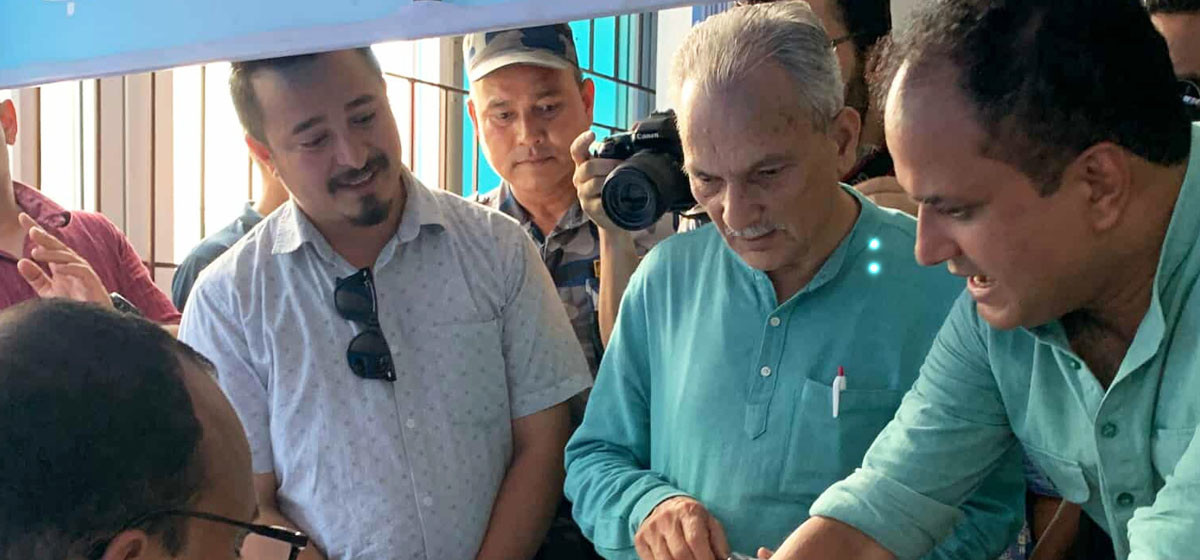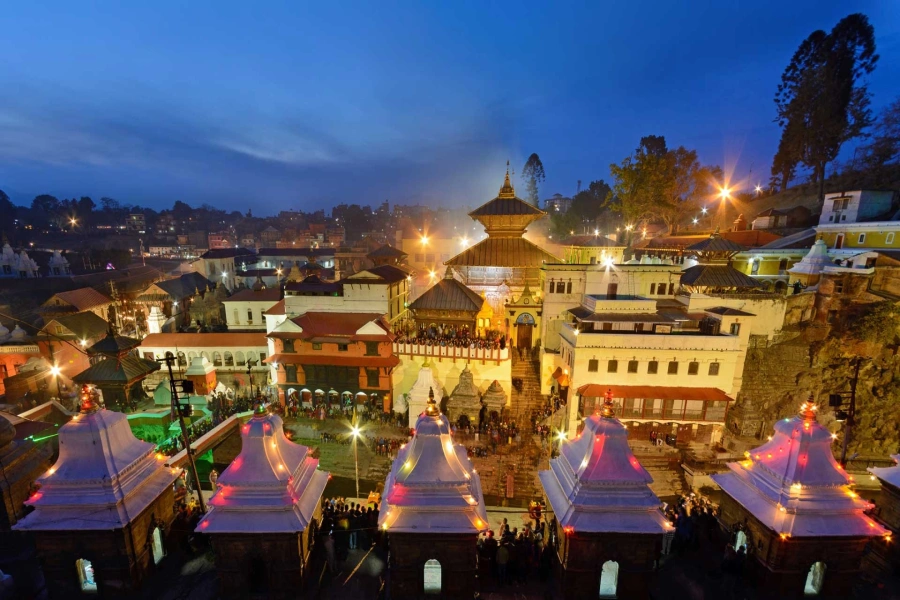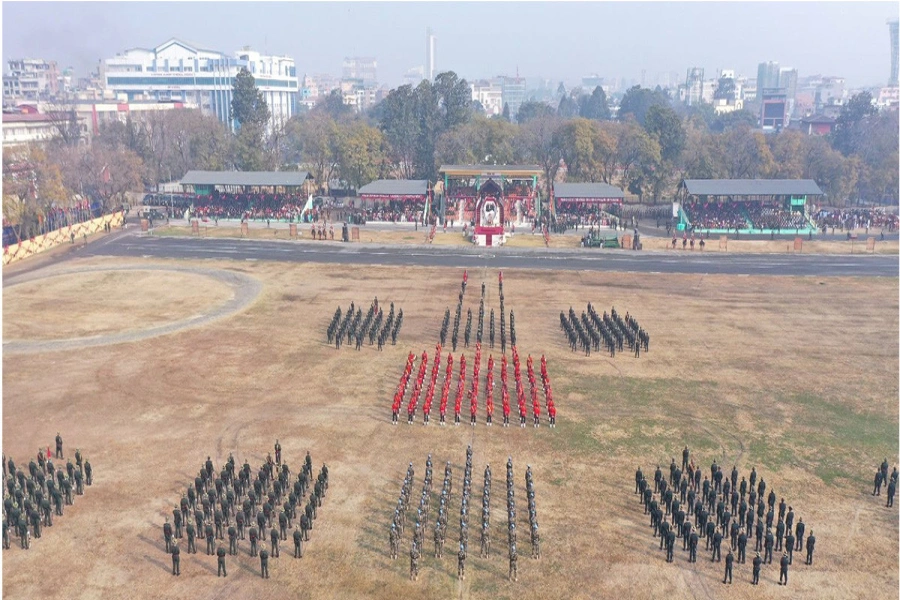KATHMANDU, Sept 15: A private clinic in Sanfe Bagar, Achham, which has been running for the last three years, is well known in the area, with patients coming even from neighboring Doti district.
The clinic has an MBBS doctor and other health workers to provide inpatient and outpatient services. Adjoining it is a pharmacy. The service is fast and it has become a premier facility for those who can afford it.
It is also a popular option for parents wanting to know the sex of their fetuses. The clinic has been deftly providing this service although it is illegal in Nepal.
In pursuit of equality

Expecting mothers pay a consultation fee of Rs 400 once they enter. An ultrasound is carried out and the sex of the fetus is determined. If it’s a male fetus the patient pays an additional Rs 2,000 but if it’s a female, no additional fee is requested. This kind of shady process allows many clinics to commit the illegal act of sex determination.
Once the sex is determined to be male, expectant mothers and families rejoice instantaneously. For those with female fetuses, there is an alternative line - that for abortion. Other private clinics in the area with ultrasound equipment also provide the fetus sex identification service.
Asked what she wishes for her child’s future, Pana, a beaming expectant mother, says, “I know it’s a boy, I got it checked in Sanfe.” She adds, “My husband and I were keen to have sons because once they grow up they can help out on the farm and even look after us in our old age.”
For Kali, another expectant mother, the story is different. She laments that this is her fifth pregnancy and it’s a girl again. She hopes to finally give birth to a son. “Girls leave their natal families at a young age and look after their husband’s family. They also do not have the strength to work in the fields,” she explains.
A line of patients waiting in the sweltering heat for their turn is stretched across the narrow road. Cannulas are taped to their hands. Many of their menfolk are slaving away in India or the Gulf to support families back home. Even as husbands and wives struggle to make ends meet, a deep-rooted preference for sons keeps the illicit clinics in Sanfe thriving.
Nepal legalized abortion in 2002 but the abortion of a female fetus following sex identification is still considered homicide, punishable by imprisonment for a term ranging from six months to two years.
The Muluki Ain says, “No one shall commit or cause to be committed an act to identify (determine) the gender of the fetus for the purpose of committing the offence of abortion.”
However, poor regulation and inspection of private health facilities have allowed many to commit the crime without any legal consequences.
(Names of patients have been altered)





































